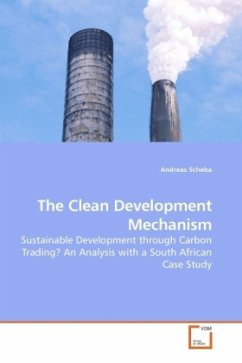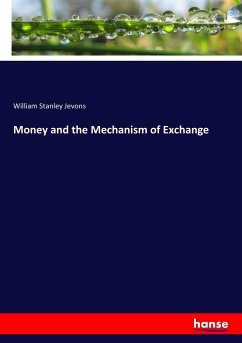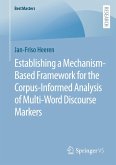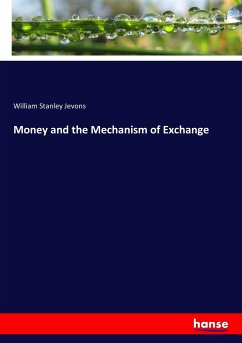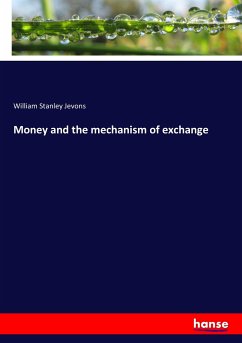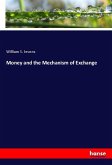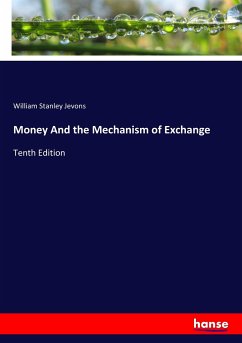The Clean Development Mechanism (CDM), which allows carbon trading between developed and developing countries, emerged as the Kyoto Protocol's primary market mechanism that promised a win-win situation. On the one hand, the CDM offers developed countries cost-effectiveness to meet their Kyoto commitments. On the other hand, it proclaims to assist developing countries in achieving sustainable development. This book investigates the theoretical underpinnings of the CDM and its sustainable development promises. It then connects the theoretical findings with an analysis of the mechanism's structure and of the global CDM market. The book then assesses the CDM's contribution to sustainable development in South Africa and examines crucial inhibiting factors. This book is addressed to critical scholars and professionals who are interested in the CDM, particularly with respect to its proposed contribution to sustainable development.
Bitte wählen Sie Ihr Anliegen aus.
Rechnungen
Retourenschein anfordern
Bestellstatus
Storno

